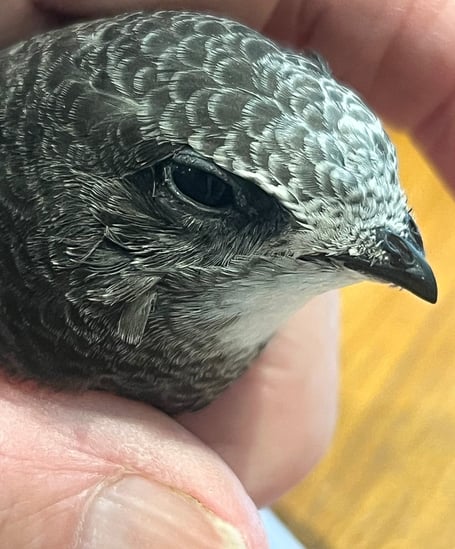Saving Surrey’s Swifts has become the motto of one experienced enthusiast, Len Walker writes.
Swifts are in decline as numbers have plummeted due to the loss of habitat and flying insects.
They are migratory birds who spend some three to four months each summer with us. They are famed for their globe-traversing flights between sub-Saharan Africa and Europe, but a fallen nestling will die rapidly as it will be ignored by the parents and cannot climb back to the nest because of its short legs.
Now, however, if you find a downed swift, help is at hand.
Send-based Helena Finden-Browne is an experienced swift rehabilitator, registered with the charity swift-conservation.org, and has looked after convalescing swifts for seven years.
So far this summer she has taken in 20 birds and, dependent on the condition of the bird, they will be in her care for between one and five weeks.
“They are fed six times a day, between 0600-2100 hours,” she says. “They do not go hungry as I provide up to 500 crickets a day, wax worms and bee drone larvae which are provided by a local bee keeper. I even poach the larvae in boiling water for two minutes.”
The birds have to be physically strong and powerful enough to fly on release as they will embark on a long period of continuous flight, and typically not land for two or three years until they return to breed.
To ensure their immediate survival they have to meet a specific ratio, weighing in between 40-44 grammes and having an unsheathed wing length of 16cm before being released.
Helena said: “They are the most special birds, and it is my privilege to care for them because they are a miracle of nature.”





Comments
This article has no comments yet. Be the first to leave a comment.